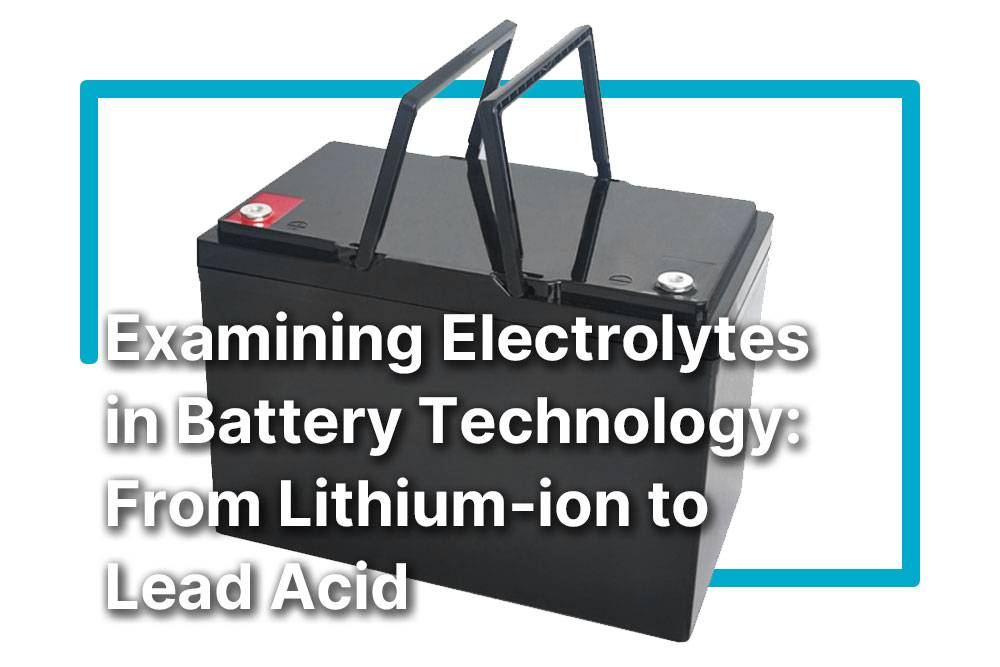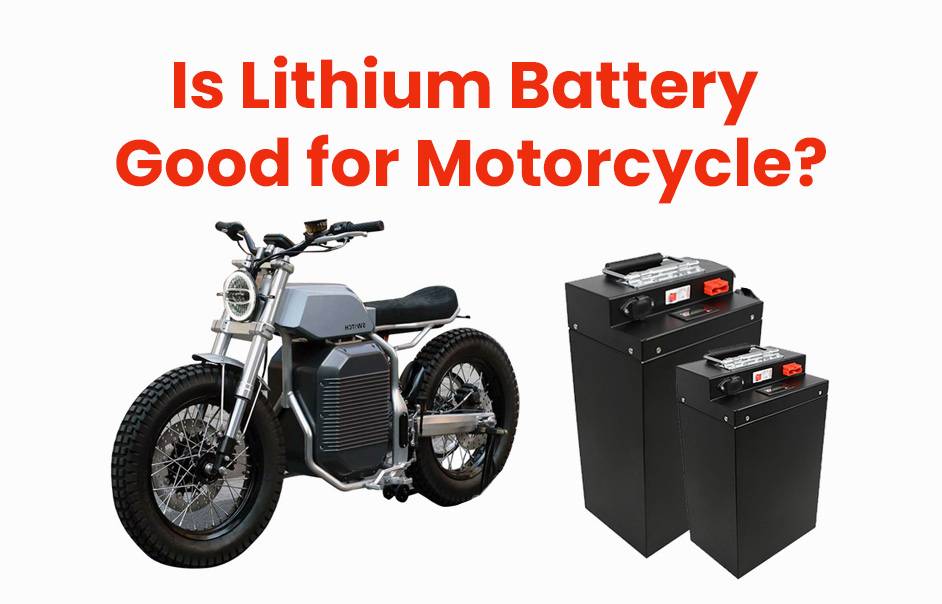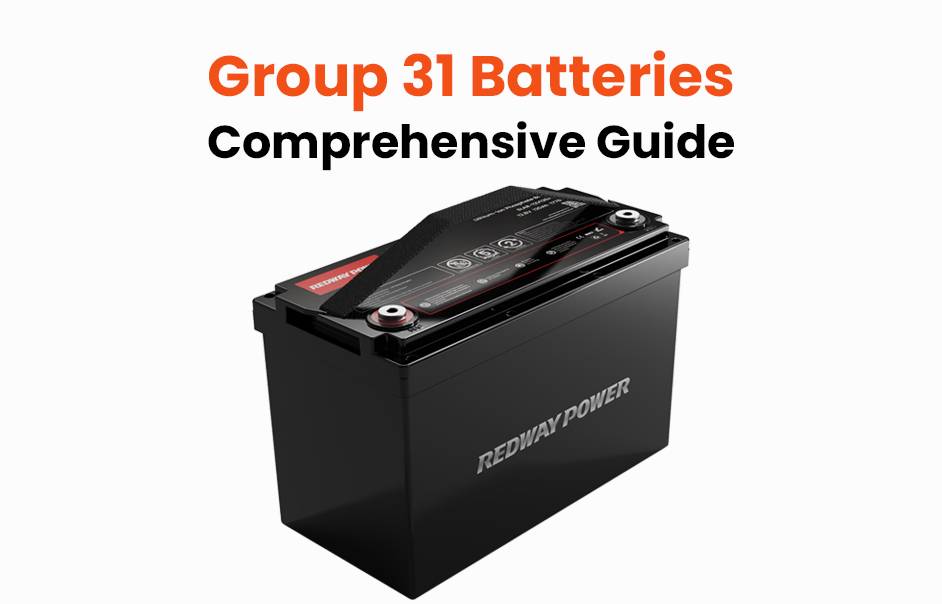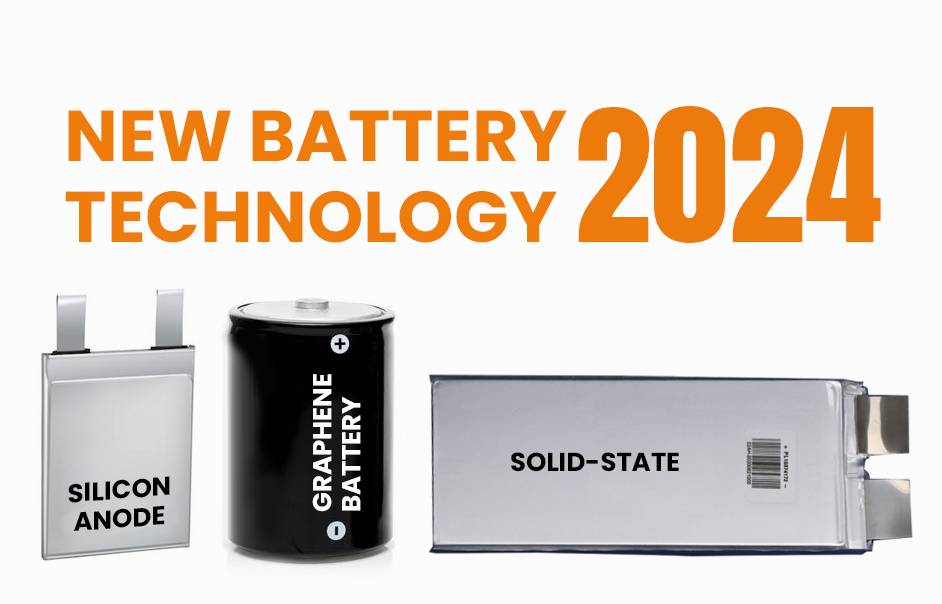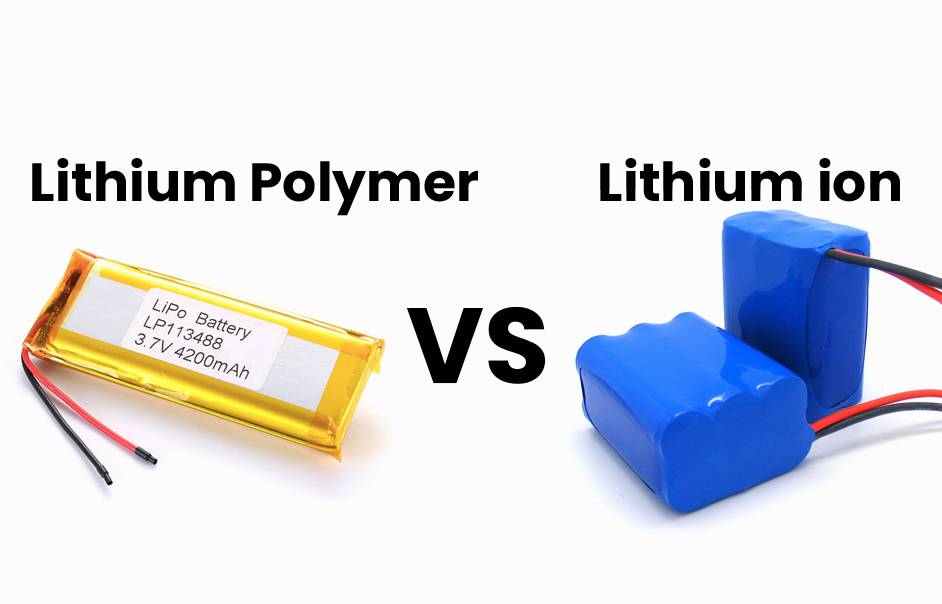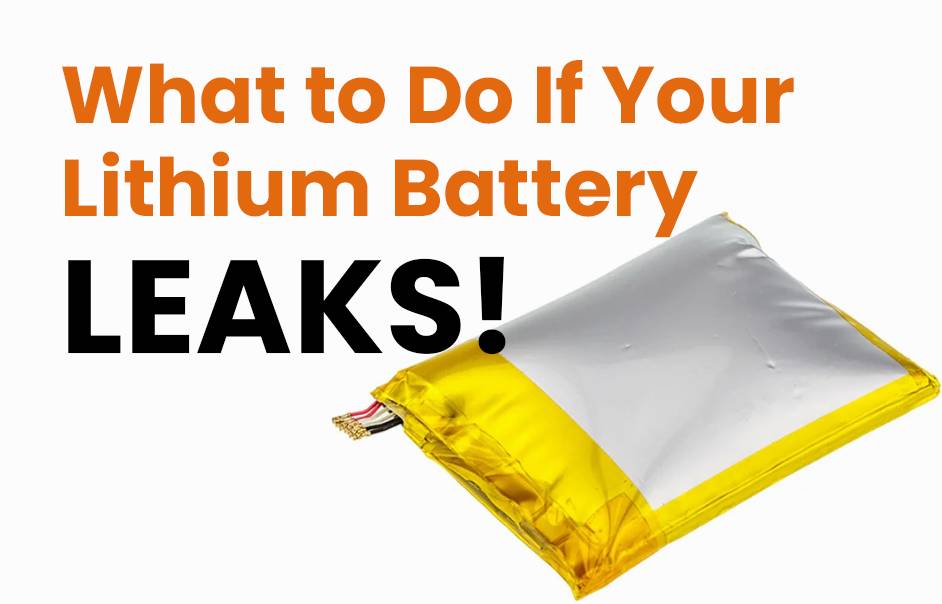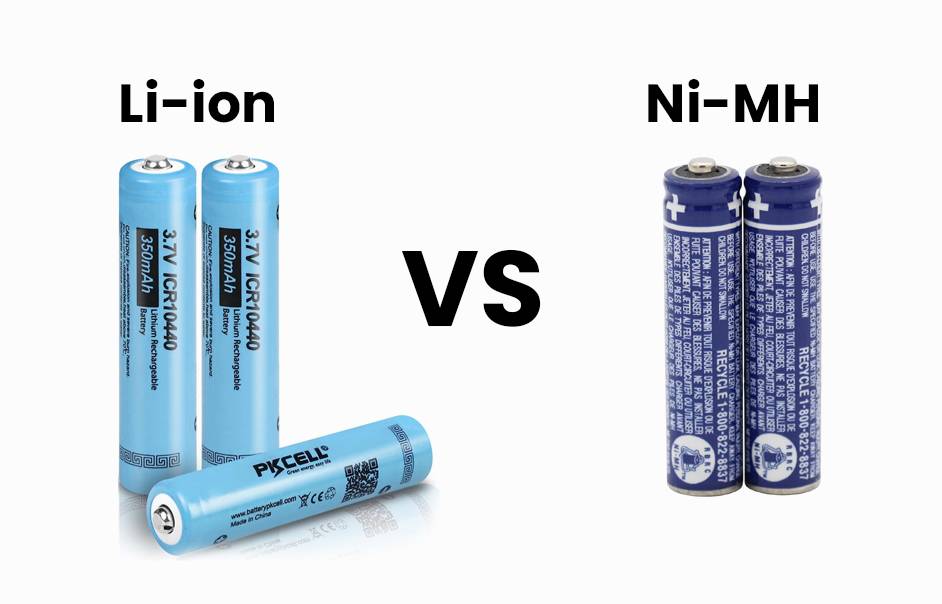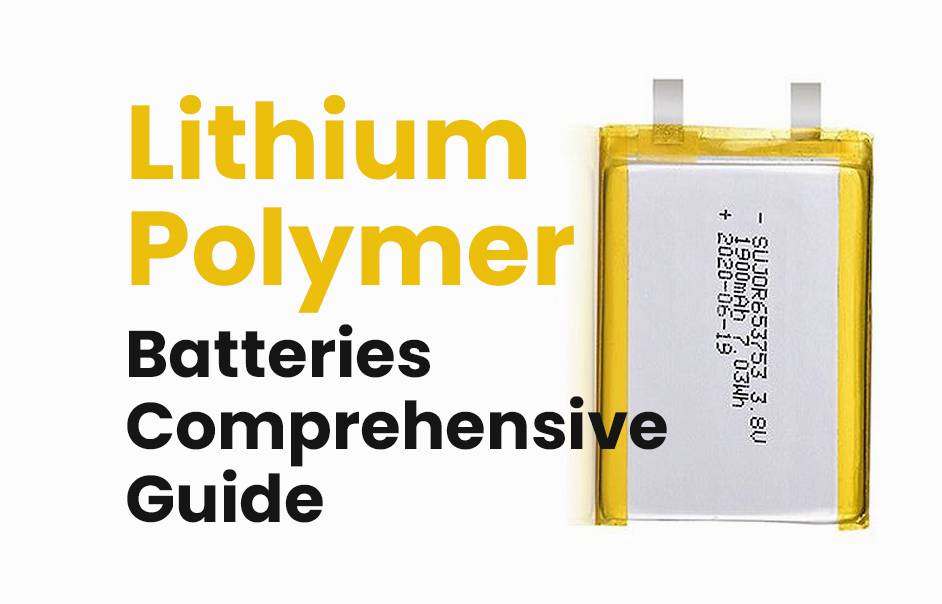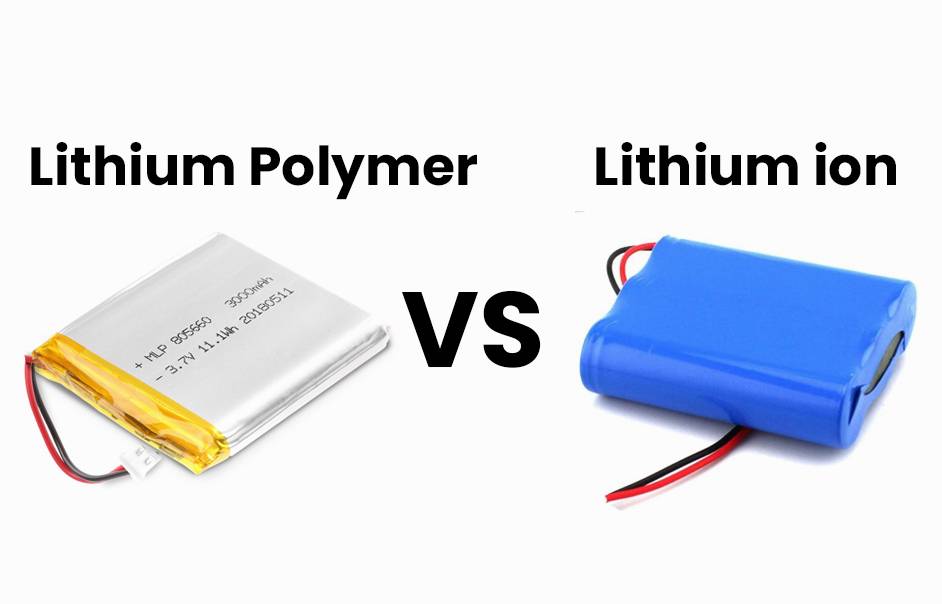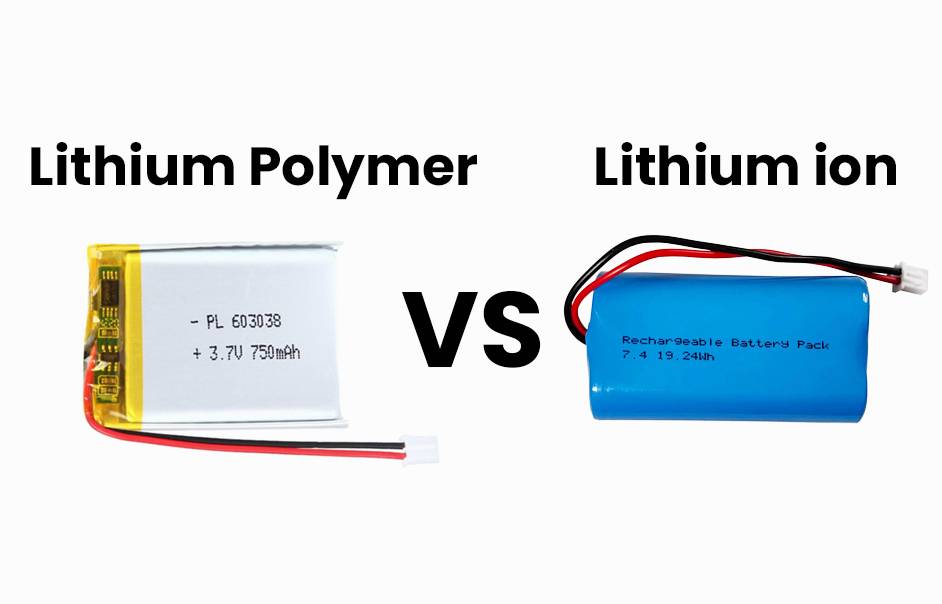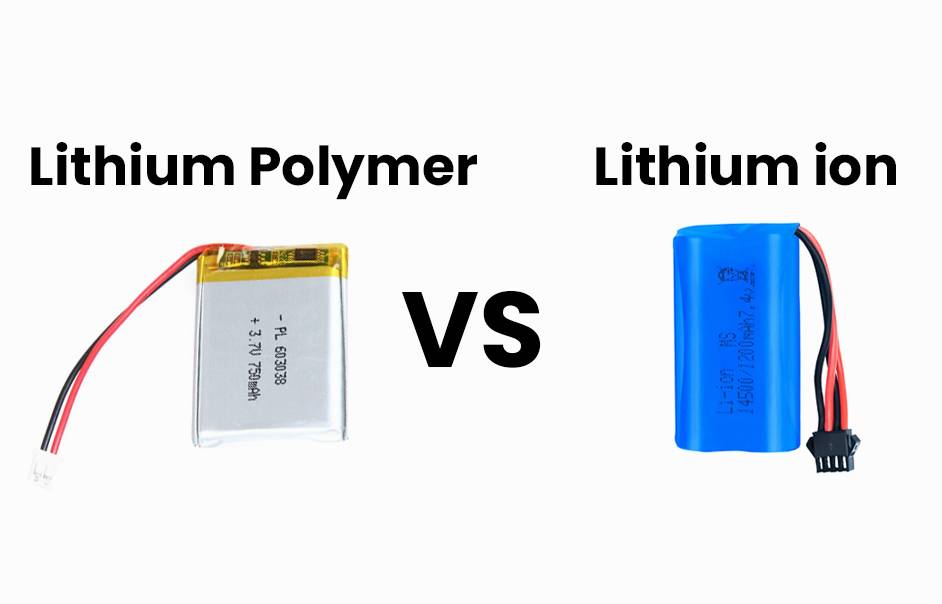- Forklift Lithium Battery
-
48V
- 48V 210Ah
- 48V 300Ah
- 48V 420Ah (949 x 349 x 569 mm)
- 48V 420Ah (950 x 421 x 450 mm)
- 48V 456Ah
- 48V 460Ah (830 x 630 x 590 mm)
- 48V 460Ah (950 x 421 x 450 mm)
- 48V 460Ah (800 x 630 x 600 mm)
- 48V 460Ah (820 x 660 x 470 mm)
- 48V 500Ah
- 48V 560Ah (810 x 630 x 600 mm)
- 48V 560Ah (950 x 592 x 450 mm)
- 48V 600Ah
- 48V 630Ah
-
48V
- Lithium Golf Cart Battery
- 12V Lithium Battery
12V 150Ah Lithium RV Battery
Bluetooth App | BCI Group 31
LiFePO4 Lithium
Discharge Temperature -20°C ~ 65°C
Fast Charger 14.6V 50A
Solar MPPT Charging - 24V Lithium Battery
- 36V Lithium Battery
- 48V Lithium Battery
-
48V LiFePO4 Battery
- 48V 50Ah
- 48V 50Ah (for Golf Carts)
- 48V 60Ah (8D)
- 48V 100Ah (8D)
- 48V 100Ah
- 48V 100Ah (Discharge 100A for Golf Carts)
- 48V 100Ah (Discharge 150A for Golf Carts)
- 48V 100Ah (Discharge 200A for Golf Carts)
- 48V 150Ah (for Golf Carts)
- 48V 160Ah (Discharge 100A for Golf Carts)
- 48V 160Ah (Discharge 160A for Golf Carts)
-
48V LiFePO4 Battery
- 60V Lithium Battery
-
60V LiFePO4 Battery
- 60V 20Ah
- 60V 30Ah
- 60V 50Ah
- 60V 50Ah (Small Size / Side Terminal)
- 60V 100Ah (for Electric Motocycle, Electric Scooter, LSV, AGV)
- 60V 100Ah (for Forklift, AGV, Electric Scooter, Sweeper)
- 60V 150Ah (E-Motocycle / E-Scooter / E-Tricycle / Tour LSV)
- 60V 200Ah (for Forklift, AGV, Electric Scooter, Sweeper)
-
60V LiFePO4 Battery
- 72V~96V Lithium Battery
- Rack-mounted Lithium Battery
- E-Bike Battery
- All-in-One Home-ESS
- Wall-mount Battery ESS
-
Home-ESS Lithium Battery PowerWall
- 24V 100Ah 2.4kWh PW24100-S PowerWall
- 48V 50Ah 2.4kWh PW4850-S PowerWall
- 48V 50Ah 2.56kWh PW5150-S PowerWall
- 48V 100Ah 5.12kWh PW51100-F PowerWall (IP65)
- 48V 100Ah 5.12kWh PW51100-S PowerWall
- 48V 100Ah 5.12kWh PW51100-H PowerWall
- 48V 200Ah 10kWh PW51200-H PowerWall
- 48V 300Ah 15kWh PW51300-H PowerWall
PowerWall 51.2V 100Ah LiFePO4 Lithium Battery
Highly popular in Asia and Eastern Europe.
CE Certification | Home-ESS -
Home-ESS Lithium Battery PowerWall
- Portable Power Stations
How Are New Battery Technologies Replacing Lithium-ion?

In recent years, the quest for better battery technologies has intensified, leading to alternatives such as sodium-ion, zinc-air, and solid-state batteries that promise improved sustainability, cost-effectiveness, and performance compared to traditional lithium-ion batteries.
What Are the Current Alternatives to Lithium-ion Batteries?
The search for alternatives to lithium-ion batteries has led researchers and manufacturers to explore various technologies, including sodium-ion, zinc-air, and solid-state batteries, each offering unique advantages and challenges.
How Do Sodium-ion Batteries Work and Why Are They Important?
Sodium-ion batteries utilize sodium ions instead of lithium ions for charge transport, making them more abundant and potentially less expensive than their lithium counterparts. This technology is gaining traction due to its sustainability and lower environmental impact.Chart: Comparison of Sodium-ion vs Lithium-ion Batteries
| Parameter | Sodium-Ion | Lithium-Ion |
|---|---|---|
| Energy Density | 150-160 Wh/kg | 250-260 Wh/kg |
| Cycle Life | Shorter | Longer |
| Cost | Lower | Higher |
| Resource Availability | High | Limited |
What Are the Advantages of Zinc-air and Solid-state Batteries?
Zinc-air batteries offer a higher energy density than lithium batteries while being safer and more environmentally friendly, although they face performance challenges. Solid-state batteries provide enhanced safety and efficiency by using a solid electrolyte instead of a liquid one.Chart: Benefits of Zinc-air vs Solid-state Batteries
| Feature | Zinc-air | Solid-state |
|---|---|---|
| Safety | High | Very High |
| Energy Density | Moderate | High |
| Cost | Low | Potentially High |
How Do These Alternatives Compare in Terms of Performance and Cost?
While sodium-ion batteries may not yet match lithium’s energy density, their lower cost and abundance make them attractive for specific applications like electric vehicles (EVs) and grid storage solutions.
What Are the Environmental Impacts of Different Battery Technologies?
The environmental footprint of battery production varies significantly among technologies; sodium-ion batteries have a lower impact due to their abundant raw materials compared to lithium’s mining challenges.
What Future Innovations Can We Expect in Battery Technology?
The future of battery technology looks promising with ongoing research into new materials and chemistries that could enhance performance while reducing environmental impacts, such as magnesium-based or aluminum-based batteries.
Expert Views
“Transitioning from lithium-based technologies to alternatives like sodium or zinc can significantly reduce our reliance on scarce resources while promoting sustainability in energy storage,” says Dr. Emily Chen, a leading researcher in battery technologies.
FAQ Section
Q: Are sodium-ion batteries better than lithium-ion batteries?
A: Sodium-ion batteries offer advantages like lower cost and abundance but currently have lower energy density compared to lithium-ion batteries.Q: What is the main advantage of solid-state batteries?
A: Solid-state batteries provide enhanced safety due to their solid electrolyte, reducing fire risks associated with liquid electrolytes used in lithium-ion batteries.Q: How do zinc-air batteries compare to traditional lithium batteries?
A: Zinc-air batteries have a higher theoretical energy density but face challenges in power output; they are considered safer than lithium options.














